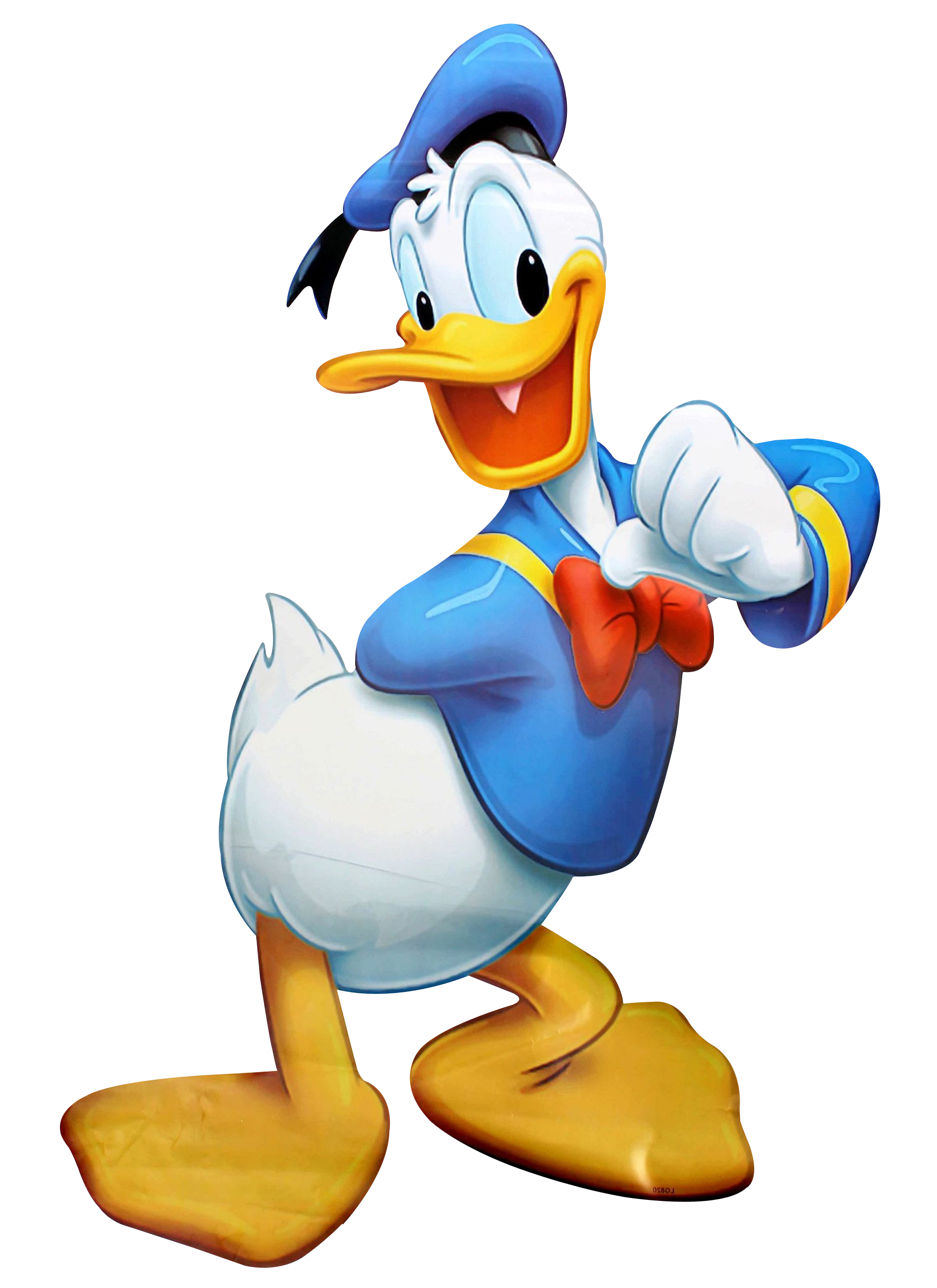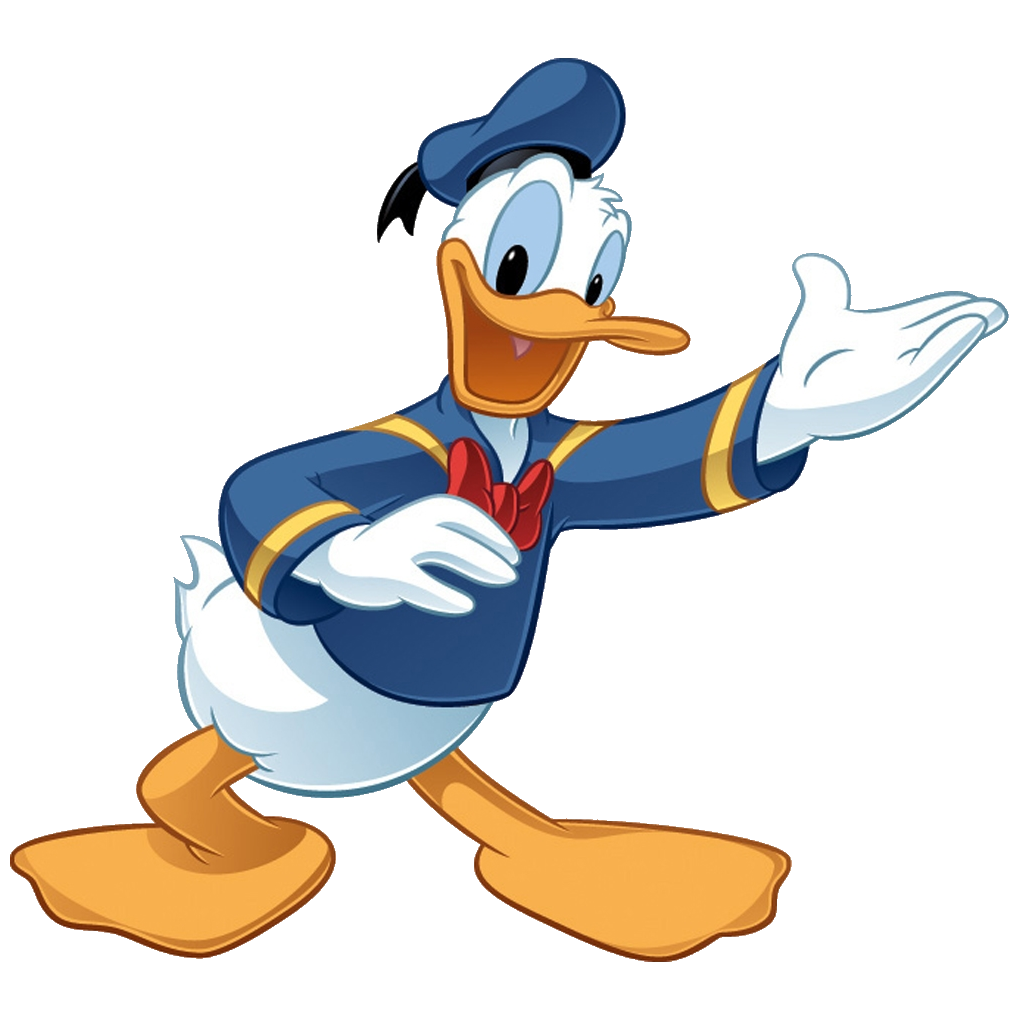Decoding Donald Trump's Perceived Intelligence
Table of Contents
- Understanding the Fascination with Leaders' Intelligence
- Donald J. Trump: A Brief Biography
- The Presidency: 45th and Anticipated 47th Term
- Deconstructing "Intelligence": More Than Just an IQ Score
- Public Discourse on Donald Trump's Perceived Intelligence
- Leadership and Cognitive Abilities: A Broader View
- The Unknowable Number: Why Donald Trump's IQ Remains a Subject of Speculation
- Beyond the Score: Assessing Impact and Influence
Understanding the Fascination with Leaders' Intelligence
The human mind is inherently curious, especially when it comes to understanding those who wield significant power. For centuries, societies have sought to gauge the intellectual prowess of their leaders, believing that a sharp mind is synonymous with effective governance. This fascination stems from a deep-seated desire for assurance that complex national and international challenges are being handled by individuals with exceptional cognitive abilities. In the modern era, this translates into an almost obsessive interest in metrics like IQ scores, even when such data is rarely, if ever, made public for political figures. The discussion around Donald Trump's IQ is a prime example of this societal tendency. His unconventional rise, his distinct communication patterns, and his often-unpredictable policy decisions have fueled endless speculation about his intellectual framework. This isn't just idle curiosity; it reflects a broader societal debate about what kind of intelligence is most valuable in a leader: is it academic brilliance, strategic cunning, emotional intelligence, or perhaps a unique blend of "street smarts" and business acumen? The public's desire to quantify a leader's intelligence, even through indirect observation, highlights the deep-seated belief that intellect is a cornerstone of effective leadership.Donald J. Trump: A Brief Biography
To understand the context surrounding discussions of Donald Trump's IQ, it's essential to first grasp the trajectory of his remarkable life and career. Donald John Trump, born on June 14, 1946, has carved out a multifaceted career spanning business, media, and ultimately, the highest office in the United States. A member of the Republican Party, his journey from a real estate mogul to a global brand, and then to the presidency, is unparalleled.| Donald J. Trump: Personal Data & Key Information | |
|---|---|
| Full Name | Donald John Trump |
| Date of Birth | June 14, 1946 |
| Place of Birth | Queens, New York, U.S. |
| Nationality | American |
| Political Party | Republican |
| Presidency | 45th President of the United States (2017-2021) Anticipated 47th President of the United States (from 2025) |
| Primary Profession | Businessman, Real Estate Developer, Media Personality, Politician |
| Notable Ventures | The Trump Organization (Founder), Trump Tower, Various Hotels, Casinos, Golf Courses, "The Apprentice" (TV Show) |
| Family Name Origin | "Donald" is a Scottish masculine given name, derived from the Gaelic name Dòmhnall. |
| Civic Engagement Focus | Strives to inform, educate, and inspire Americans through public activism and engagement. |
Early Life and Business Ventures
Born into a prominent real estate family, Donald Trump inherited a foundational understanding of property development from his father, Fred Trump. He attended the Wharton School of the University of Pennsylvania, a prestigious business school, where he graduated with a Bachelor of Science in economics. This academic background, coupled with an aggressive and ambitious approach, laid the groundwork for his future empire. He quickly made a name for himself in Manhattan, transforming the family business from Queens and Brooklyn operations into high-profile projects in the heart of New York City, including the iconic Trump Tower. His early career was marked by bold moves, significant risks, and a relentless pursuit of expansion, demonstrating a particular kind of strategic intelligence and a keen eye for opportunity.From Real Estate to Reality TV
Beyond real estate, Trump diversified his brand into various sectors, including hotels, casinos, and golf courses, building a global real estate empire and one of the most recognized brands in the world. His ventures were not always without controversy or setbacks, but his ability to rebound and maintain a public profile was undeniable. His foray into television with "The Apprentice" catapulted him into mainstream celebrity status, showcasing a different facet of his intelligence: an innate understanding of media, branding, and public entertainment. This period honed his ability to communicate directly and command attention, skills that would prove invaluable in his political career.The Presidency: 45th and Anticipated 47th Term
Donald Trump's political journey culminated in his election as the 45th President of the United States in 2016. His presidency was characterized by a distinct approach to governance, a direct communication style, and a series of policy decisions that sparked both fervent support and strong opposition. After a landslide election victory in 2024, President Donald J. Trump is returning to the White House to build upon his previous successes and use his mandate to reject extremist policies, demonstrating a remarkable political resilience and an ability to connect with a significant portion of the electorate.Key Decisions and Administrative Style
During his first term, President Trump signed sweeping policy bills, issued numerous executive orders, and made administrative decisions that reflected his "America First" agenda. His team's daily updates, news on his court cases, and public appearances, such as kicking off patriotic festivities in Iowa leading up to the 250th anniversary of American independence, constantly kept him in the news cycle. His administrative style was often described as unconventional, marked by rapid decision-making, direct engagement with the public via social media, and a willingness to challenge established norms. This approach, while lauded by supporters for its efficiency and disruption of the status quo, was criticized by others for its perceived impulsiveness or lack of traditional diplomatic finesse. The effectiveness of this style, and what it says about Donald Trump's IQ in terms of practical leadership, remains a subject of ongoing debate.Public Perception and Political Strategy
Trump's political strategy has consistently demonstrated an acute awareness of public sentiment and a masterful ability to rally his base. His campaigns and his time in office have been defined by a direct appeal to voters, often bypassing traditional media filters. This strategic acumen, regardless of one's personal opinion, suggests a high degree of political intelligence – the ability to read a room, understand voter grievances, and craft messages that resonate deeply. His return to the White House for a second term (as the 47th president) underscores his enduring appeal and his capacity to mobilize a powerful political movement, indicating a strategic mind at work.Deconstructing "Intelligence": More Than Just an IQ Score
When people discuss Donald Trump's IQ, they often default to the narrow definition of intelligence as measured by standardized tests. However, intelligence is a multifaceted concept, encompassing various forms beyond just academic or logical-mathematical aptitude. These include: * **Practical Intelligence:** The ability to solve problems in real-world settings, adapt to new situations, and navigate complex social environments. This is often referred to as "street smarts." * **Emotional Intelligence (EQ):** The capacity to understand and manage one's own emotions, as well as to perceive and influence the emotions of others. * **Strategic Intelligence:** The ability to plan, anticipate, and execute long-term goals, often involving complex political or business maneuvers. * **Verbal Intelligence:** Proficiency in language, communication, and persuasion. For a figure like Donald Trump, whose career has spanned high-stakes business deals, reality television, and the presidency, it's more illuminating to consider these broader categories of intelligence rather than solely focusing on a hypothetical IQ score. His success in building a global brand, winning elections, and maintaining a devoted following points to a strong command of practical, strategic, and verbal intelligence, even if his methods often defy conventional political wisdom.Public Discourse on Donald Trump's Perceived Intelligence
The public conversation surrounding Donald Trump's intelligence has been as polarized as his political career. Critics often point to his communication style, his perceived lack of detailed policy knowledge, and his reliance on broad statements as evidence of intellectual shortcomings. Conversely, supporters often highlight his business successes, his ability to outmaneuver political opponents, and his intuitive grasp of public sentiment as indicators of a shrewd and effective mind.Communication Style and Rhetoric
One of the most frequently discussed aspects of Donald Trump's perceived intelligence is his unique communication style. Characterized by direct language, repetition, hyperbole, and a tendency to speak extemporaneously, his rhetoric has been both praised for its authenticity and criticized for its perceived lack of nuance or factual precision. CNN's White House team, anchors, and correspondents have frequently responded to reader questions about his communication during his first 100 days of his second term, underscoring the ongoing public interest. While some might interpret this style as a sign of lower verbal intelligence, others argue it's a highly effective form of communication designed to connect directly with a specific audience, bypassing traditional media filters and academic conventions. His ability to distill complex issues into simple, memorable phrases, and to consistently dominate news cycles, suggests a sophisticated understanding of mass communication and psychological persuasion. This form of rhetorical intelligence, while not measured by standard IQ tests, is undeniably a powerful asset in the political arena.Leadership and Cognitive Abilities: A Broader View
Effective leadership requires a diverse set of cognitive abilities that extend far beyond a single IQ score. While analytical reasoning and problem-solving are crucial, so too are adaptability, resilience, and the capacity to inspire and motivate others. Donald Trump's leadership has been defined by his willingness to challenge established norms, his direct engagement with the public, and his focus on achieving specific, often disruptive, outcomes. His ability to rally a base, launch successful campaigns, and secure a mandate to reject extremist policies speaks to a form of leadership intelligence that prioritizes action and direct impact. This isn't necessarily about academic brilliance but about a pragmatic understanding of power dynamics, public sentiment, and strategic negotiation. Leaders often rely on teams of experts for detailed policy analysis, while their own intelligence manifests in their ability to synthesize information, make high-stakes decisions under pressure, and articulate a compelling vision. Through civic engagement and public activism, the office of Donald J. Trump will strive to inform, educate, and inspire Americans from all walks of life as they seek to build a truly great America, showcasing a continued focus on public outreach and influence.The Unknowable Number: Why Donald Trump's IQ Remains a Subject of Speculation
Despite the pervasive public interest, Donald Trump's IQ score has never been publicly disclosed, nor is it likely to be. IQ tests are standardized psychological assessments designed to measure various cognitive abilities, but their results are highly personal and confidential. No public figure, especially a President, is obligated to release such data, and doing so would set an unprecedented and potentially problematic precedent. Therefore, any discussion about Donald Trump's IQ is inherently speculative, based on observable behaviors, public statements, and the outcomes of his business and political endeavors. It's crucial to distinguish between verifiable facts and subjective interpretations. While many have offered their armchair analyses, often colored by their political leanings, these remain opinions rather than scientifically validated assessments of his intelligence. The lack of a definitive number forces the conversation to shift from a simplistic score to a more nuanced examination of his demonstrated abilities and the impact of his actions.Beyond the Score: Assessing Impact and Influence
Ultimately, the true measure of a leader's intelligence may not lie in a numerical score, but in their impact and influence on the world. Donald Trump, as the 45th and anticipated 47th President of the United States, has undeniably left an indelible mark on American politics and global affairs. His ability to disrupt traditional political structures, galvanize a significant portion of the electorate, and reshape policy debates speaks to a powerful and effective mind, regardless of how one chooses to label or quantify its specific attributes. His journey from a successful businessman to a media personality and then to the highest office in the land, returning to the White House to build upon his previous successes, is a testament to a unique blend of ambition, strategic thinking, and an acute understanding of public sentiment. Whether one attributes this to a high "Donald Trump's IQ" or a different form of practical genius, his influence is undeniable. The conversation around his intelligence should therefore move beyond a single, unverified number and instead focus on the tangible outcomes of his leadership and the profound impact he has had on the nation.Conclusion
The persistent public fascination with Donald Trump's IQ underscores a broader societal curiosity about the cognitive abilities of those in power. While a definitive IQ score for the 45th and anticipated 47th President of the United States remains private, his life and career offer ample material for analyzing his intelligence through various lenses. From his strategic acumen in business and real estate to his mastery of media and his unique political communication style, Donald Trump has demonstrated a formidable blend of practical, strategic, and rhetorical intelligence. His ability to command attention, build a global brand, win presidential elections, and return to the White House to pursue his mandate to reject extremist policies, speaks volumes about his cognitive capabilities, even if they don't conform to traditional academic metrics. Ultimately, the question of Donald Trump's IQ is less about a single number and more about understanding the multifaceted nature of intelligence itself, particularly as it applies to leadership in the modern world. We hope this comprehensive exploration has provided valuable insights into the complex discussions surrounding Donald Trump's intelligence. What are your thoughts on the different forms of intelligence crucial for effective leadership? Share your perspectives in the comments below, or explore other articles on our site discussing leadership styles and political analysis.


Detail Author:
- Name : Dolores Brakus
- Username : dana56
- Email : maya83@yahoo.com
- Birthdate : 2002-04-13
- Address : 481 Lucius Plaza Esmeraldaland, IA 26319
- Phone : 1-423-468-9248
- Company : Gottlieb-Crooks
- Job : Nursing Instructor
- Bio : Dignissimos tenetur vel aut optio enim. Recusandae aut cumque error voluptas id est quibusdam. Veniam nobis itaque voluptas repellat et sunt.
Socials
linkedin:
- url : https://linkedin.com/in/eheathcote
- username : eheathcote
- bio : Soluta sit quia nam recusandae ut.
- followers : 3283
- following : 913
instagram:
- url : https://instagram.com/elvera_id
- username : elvera_id
- bio : Ut excepturi et asperiores. Aut impedit nulla ullam. Omnis ut error et itaque.
- followers : 4632
- following : 116
facebook:
- url : https://facebook.com/heathcotee
- username : heathcotee
- bio : Consectetur in quia voluptatem sunt quis cum.
- followers : 4591
- following : 1033
